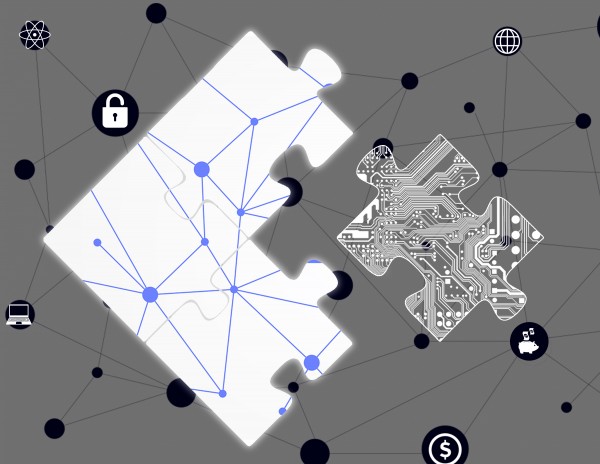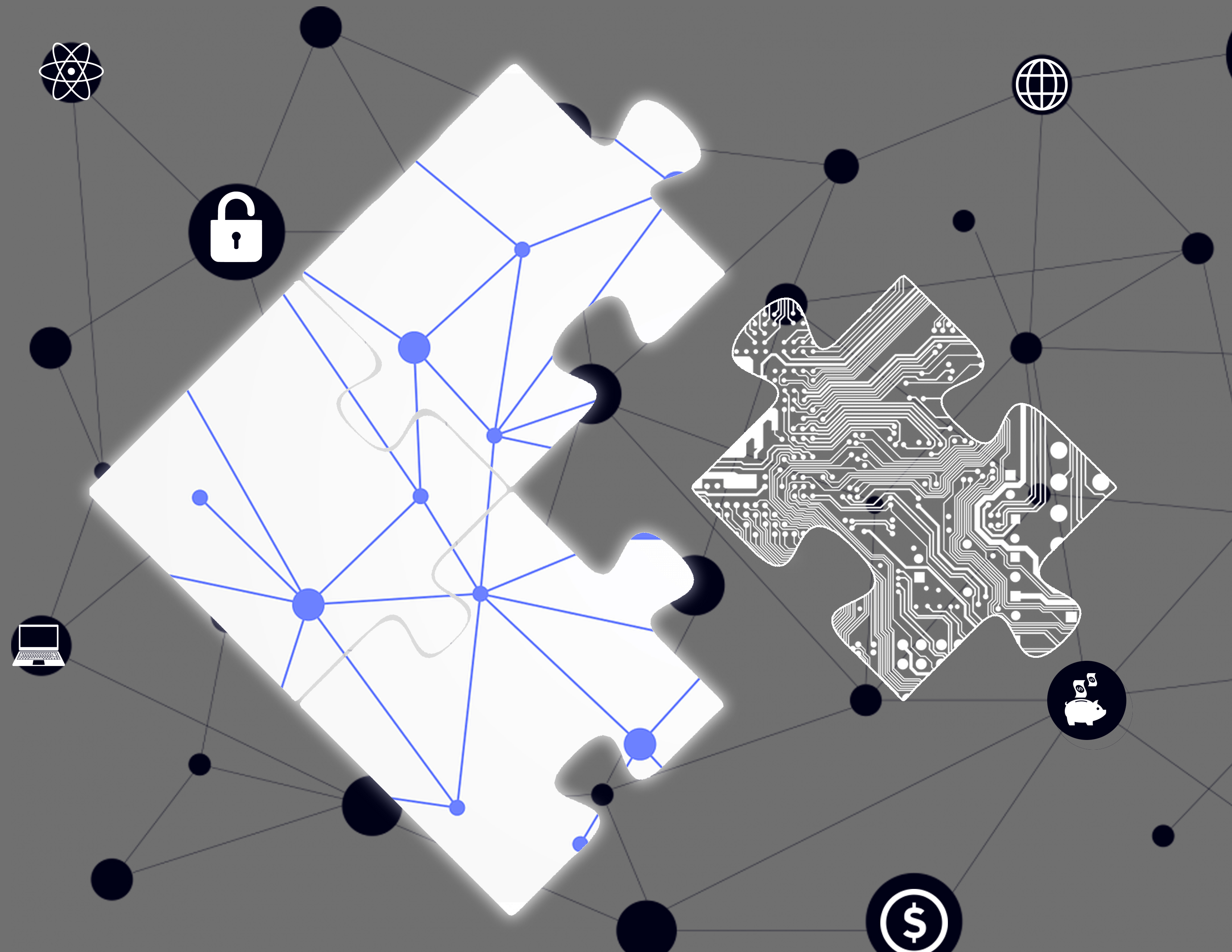The rise of automation technologies has overwhelmed banks over the last few years. Investment banks are also taking advantage to efficiently streamline their operations and ensure tasks can be completed in a matter of seconds that would take human personnel days or even weeks to perform. This is the expectation for industries as a whole, for their operations to become efficient and speedy whilst doing the overload of tasks through a systematic approach. The banking industry has been slow in picking up technology and realizing its benefits. However, the pace is picking up.
This includes investment banks. Man AHL is using machine learning algorithms to optimize trade routing through the firm’s trading desk and algorithm dealers. ING use AI for better accuracy of pricing decisions to ensure traders are quoted the correct pricing for the purchasing and selling of clients, and JP Morgan Chase is using AI to interpret loan agreements to save over 360,000 or manual mundane work.
According to Deltec Bank, Bahamas “When talking about investment banks, we’re talking three layers; Sales & Trading, Research, and Corporate Finance.” AI will impact all three areas with better efficiency and reducing institutional cost, not to mention the better interpretation of data. Whilst automation isn’t something entirely new to investment banking, AI automation offers a new paradigm and for analysts who day in day out focus on developing automation, these strategies will no longer be relied on.

Let’s take a look at how AI will shape the future of investment banking.
- Data Collection – Investment banking associates are required to pro-actively determine information before it is presented publicly. Associates today scour through hundreds of research documents for information collection. AI technologies can help to detect developments in the market without the need to research. AI can collect and analyze data through various sources and output future trends. The algorithm can use the processed data to maintain the accuracy of output in real-time and filter correct information for the investor’s needs.
- Predictive Analytics – ING has developed and rolled-out an automation tool called Katana that is designed to help traders make better and accurate pricing decisions. The data processed and learned would output the most accurate price quote for the purchasing and selling of bonds. The data used can produce statistical forecasts. Another way is through using analytical data where AI can predict future trading trends. Through predictive analytics, the ING trading desk found that prices can be quoted faster, reducing time, resources, and trading costs.
- Trade Processing – Using Man AHL’s as an example, AI can execute investment strategies and execute trades automatically through multiple markets. Trading trends and risks can be predicted faster, which will allow traders to choose the best and less-risk trade strategy for the markets. AI can break down executed trends, processing, and optimize them efficiently. There would be no need for human resources to research, predict, and process trends but human analysts can be used in the back-end to resolve trading failures for continuous improvement.
Investments banks rely on historical data to predict future market trading trends. Whilst processing this data into AI algorithms, this data would still be useful to filter out bias to produce accurate trading trends. Data can still contain duplications, correlation, and disambiguation. Hence, analysts can still be utilized to produce accurate data sets to better support trading and purchase and selling service predictions and trends.
To sum up, AI in investment banks can significantly optimize trading processing, be more efficient in automating data collection identify trends of trading strategy, and help traders and investors choose the best trading strategies. Data will need to clean and filtered to ensure the data used within algorithms is accurate and fair. Therefore, human analysts that spend days researching data for future trends, can still be utilized in different approaches to train AI models and its data.
Disclaimer: The author of this text, Robin Trehan, has an undergraduate degree in Economics, Masters in international business and finance and MBA in electronic business. Trehan is Senior VP at Deltec International www.deltecbank.com. The views, thoughts, and opinions expressed in this text are solely the views of the author, and not necessarily reflecting the views of Deltec International Group, its subsidiaries, and/or employees.
About Deltec Bank
Headquartered in The Bahamas, Deltec is an independent financial services group that delivers bespoke solutions to meet clients’ unique needs. The Deltec group of companies includes Deltec Bank & Trust Limited, Deltec Fund Services Limited, and Deltec Investment Advisers Limited, Deltec Securities Ltd. and Long Cay Captive Management.
Media Contact
Company Name: Deltec International Group
Contact Person: Media Manager
Email:Send Email
Phone: 242 302 4100
Country: Bahamas
Website: https://www.deltecbank.com/

